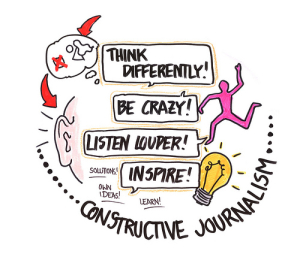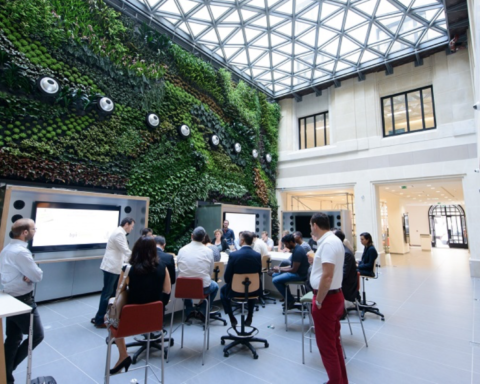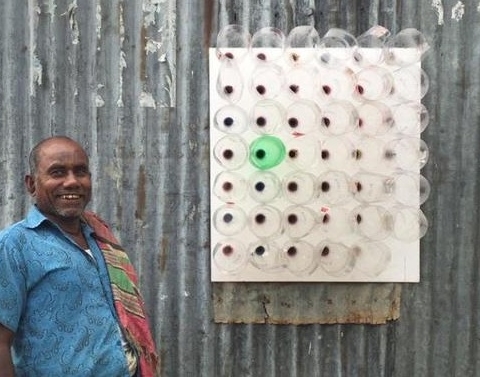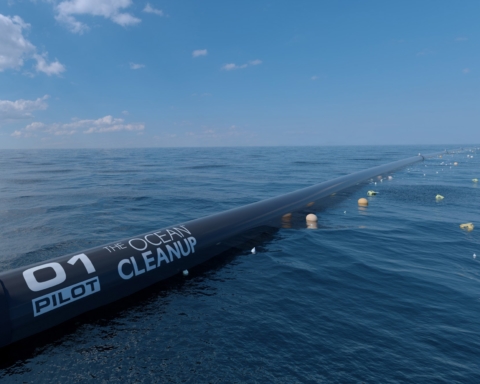 War, terrorism, corruption and political crisis are the headlines in newspapers, radio and television broadcasts. We eventually think that only atrocious things happen in the world. But lots of positive things also happen with perhaps less immediate impact than a geopolitical crisis, but also essential: invention of new drugs, spending less energy…
War, terrorism, corruption and political crisis are the headlines in newspapers, radio and television broadcasts. We eventually think that only atrocious things happen in the world. But lots of positive things also happen with perhaps less immediate impact than a geopolitical crisis, but also essential: invention of new drugs, spending less energy…
Many psychological studies have shown that people prefer negative news. An old adage of Anglo-Saxon editors also said “if it bleeds, it leads”. In 2007, the Pew Research Center had combined 165 preference surveys of Americans in terms of news. War and terrorism were on the top, far ahead of sports and entertainment. But the advent of social networks has slightly changed the situation. Indeed, “positive news” are shared online more than negative content.
A study by the University of Pennsylvania has attempted to assess the links between emotion and virality by analyzing three months of content published on the New York Times website, nearly 7000 articles. The results of this study show that the most positive articles are more likely to be in the list of “most shared content via e-mail.” At Big Browser, for example, where you only have to relay the story of a grandmother who prefers to go on road trip rather than making her chemotherapy to top the list of the most shared items.
If one chooses to be cynical for a moment, the media will need to broadcast more positive information, simply because they generate more audience. Many have tried. Upworthy, for example, operates on the basis of an editorial focused on entertainment and “socially conscious” content; that is, all stories that could celebrate generosity, progress or equality. Customers are invited to submit their ideas. Opened in 2013, Upworthy, in few months, was propelled ahead of the sites whose contents are the most shared on Facebook, according to Business Insider.
Solutions, innovations, answers”
The problem of positive information is that joy is not in itself a criterion for determining the value of information. Just as one does not choose to speak of migrants “because it’s sad,” you cannot choose to treat news “because it is positive.” This is not just a reason (except for Jean-Pierre Pernaut). At these positive news, we could therefore criticize their futility, their disconnection from the real world problems. On the edge between information and entertainment, they would not have their place in a news media like the Guardian.
The British daily has nonetheless asked its readers if they would enjoy reading more positive news. “A significant number of them told us that we constantly saw the glass half empty,” says the Guardian website. Readers are invited to submit their ideas via a form available at the bottom of the article, to power a new series of articles entitled « Half full ». Subtitled “solutions, innovations, answers,” the “Half full” series already offers various articles namely: one on solutions devised by start-ups to feed the planet or the other on universal income.










